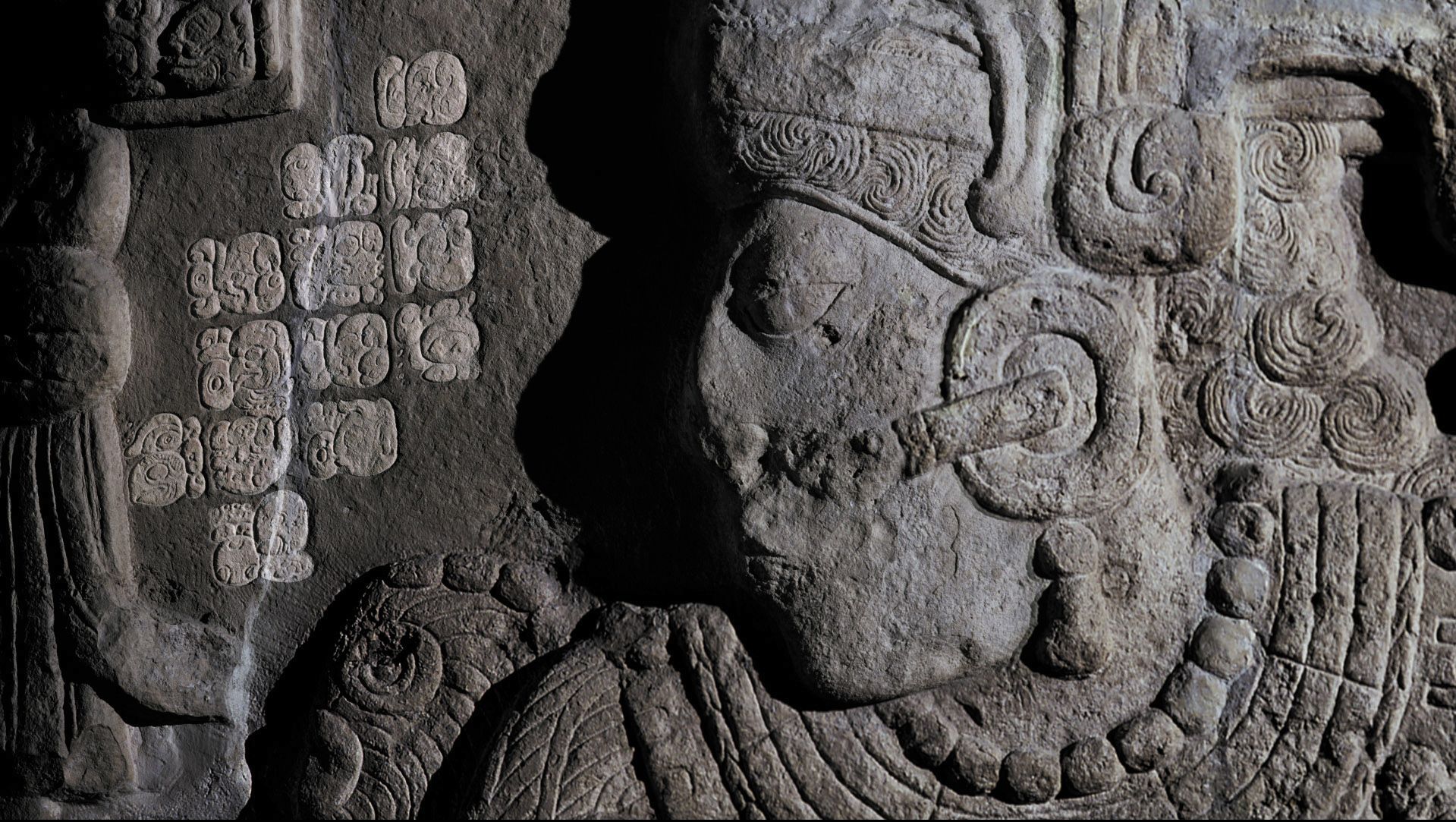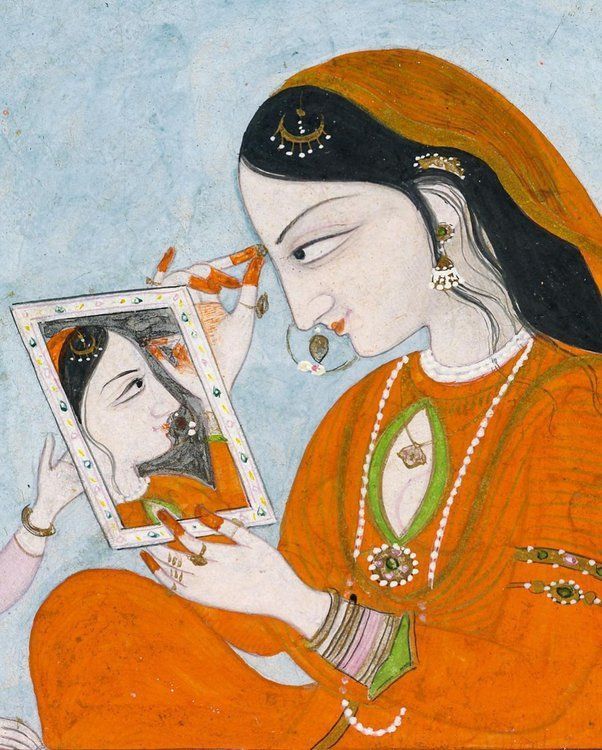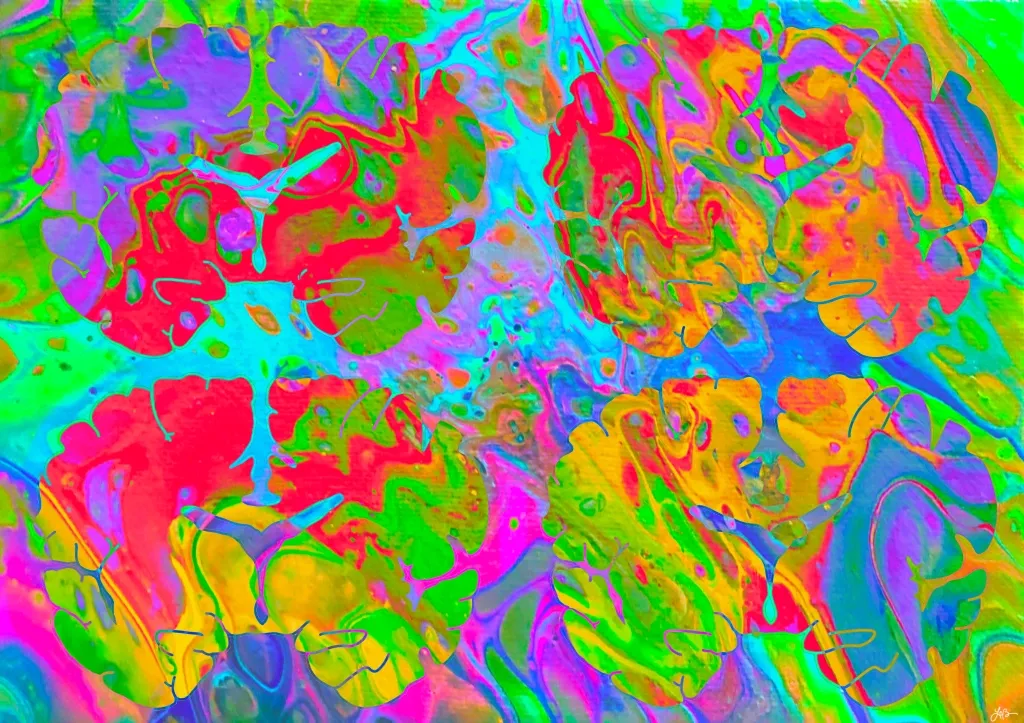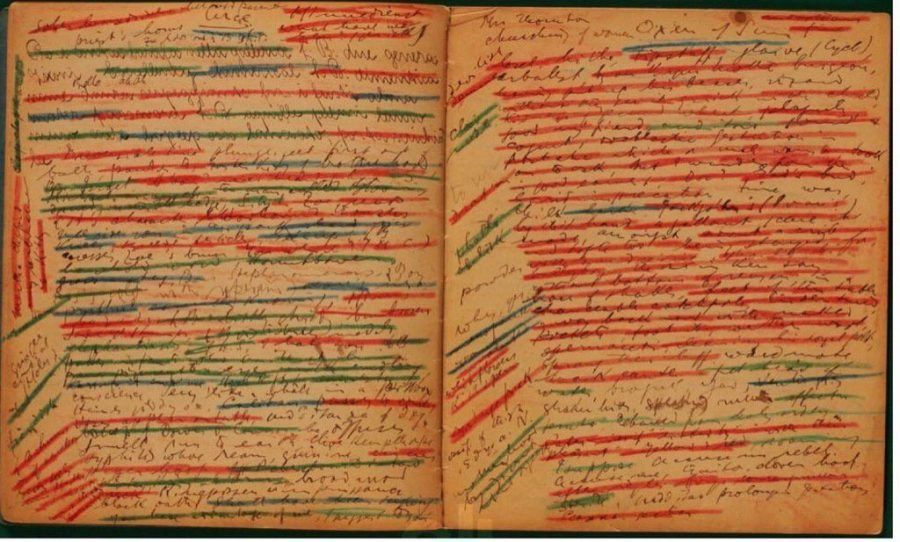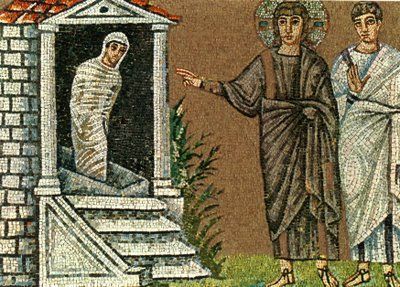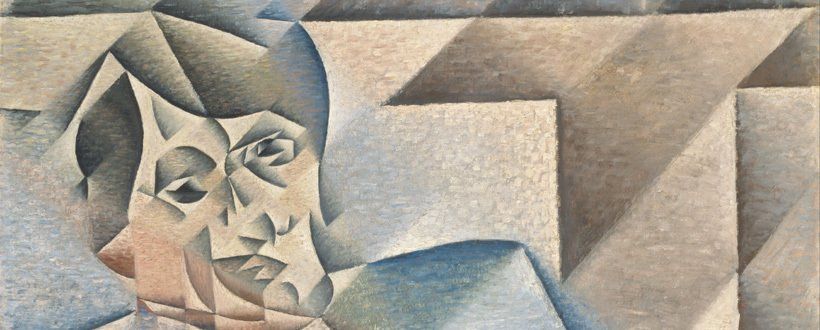ToK Essay Titles May 2020 Prompts 2 & 4 Part 1
ToKTutor • 29 October 2019
The ‘negative way’ of describing the divine: Part 1
We’ve grown used to thinking about knowledge in binary terms, between which there seem to be sharp defining lines. Knowledge must be made up of ‘descriptions’ of things and ‘explanations’. Claims about the world are thought to be either ‘true’ or ‘false’. We categorise people as having either ‘knowledge’ or ignorance’. And while, sometimes eccentric people come along, like Socrates, and claim that the only thing he knows is that he knows nothing, there is a tradition of thought that exists on the boundary between knowing and not knowing; in a place and time described us ‘unknowing’.
In the context of monotheistic religious thinking – the Christian, Judaic and Islamic ideas of faith – there is a mystical approach to the idea of describing God known as the via negativa
or ‘negative way’. There are two key assumptions that set the foundations of this ‘apophatic’ tradition or ‘negative theology’. First, God cannot be known through the limited language and rational mind of humans. We just don’t have the brainpower or words to encapsulate his limitless Being in a comprehensible way. And second, we can only know God’s Being by means of describing what he is ‘not’. The Greek word apophasis
means ‘negation’ or in terms of the method of ‘negative theology’, the process by which we start to ‘un-know’ what we think we know about 'God'. Another sense is to think of the expression apo phasis, meaning literally ‘speaking-away’ or ‘unsaying’.
This line of thinking advances as follows. On the one hand, ‘unknowing’ is not the same as ‘not knowing’ or ‘unbelief’. It is an experience of the divine, not a rational or logical mode of arguing someone into a belief in God. To know God is to cleanse the mind of explanations, arguments and persuasions about what he is, in order to reach union with him. On the other hand, ‘unknowing’ is not the same as the ‘absence’ of knowledge since there is an ultimate goal which is to know God. However, to achieve knowledge of God by unknowing means to surrender the self to him. In this surrender, the self isn’t dissolved and doesn't lose its identity, but maintains an enhanced spiritual identity in its mystical union with God. To know God is to let go of one’s self or mind by synchronising it with him.
Now, the mystics realised that this creates a problem of langugage: in order to describe God’s being in terms of what he is not, we must still use our limited human concepts like ‘God’, ‘Being’, ‘not’ and the male pronoun ‘Him’. This aporia
or dilemma is unavoidable. Already, in order to assert that ‘God is beyond all description’, we have labelled what is beyond all human labels, so the mystic would insist that we have already lost sight of the essential unknowability of the Divine. So how do we break out of this circularity?
One approach is to suggest that the apophatic language of negation or ‘unsaying’ must be balanced by its opposite, kataphatic language, in which positive descriptions are made of God. The Greek term kata phasis
means ‘speaking with’ or ‘saying’ something in more affirmative terms. This process of affirming or ‘saying’ what God is and simultaneously ‘unsaying’ it is part of the discipline of reaching union with God. Of course, this leads to another aporia: the balancing ‘unsaying’ which negates the previous positive assertion about God is itself a ‘saying’ which needs to be unsaid. It is within this dialectical tension between affirmation and negation – the poles of kataphatic and apophatic language – between saying and unsaying that the mind is on the edge of knowing and not-knowing; it is in a state of unknowing and encounters what is beyond knowing, God. Somewhere, within the vortex of words and thought and feeling, the self is given a glimpse of the Divine, but it is so fleeting that it must be refreshed with ongoing acts of unsaying…







